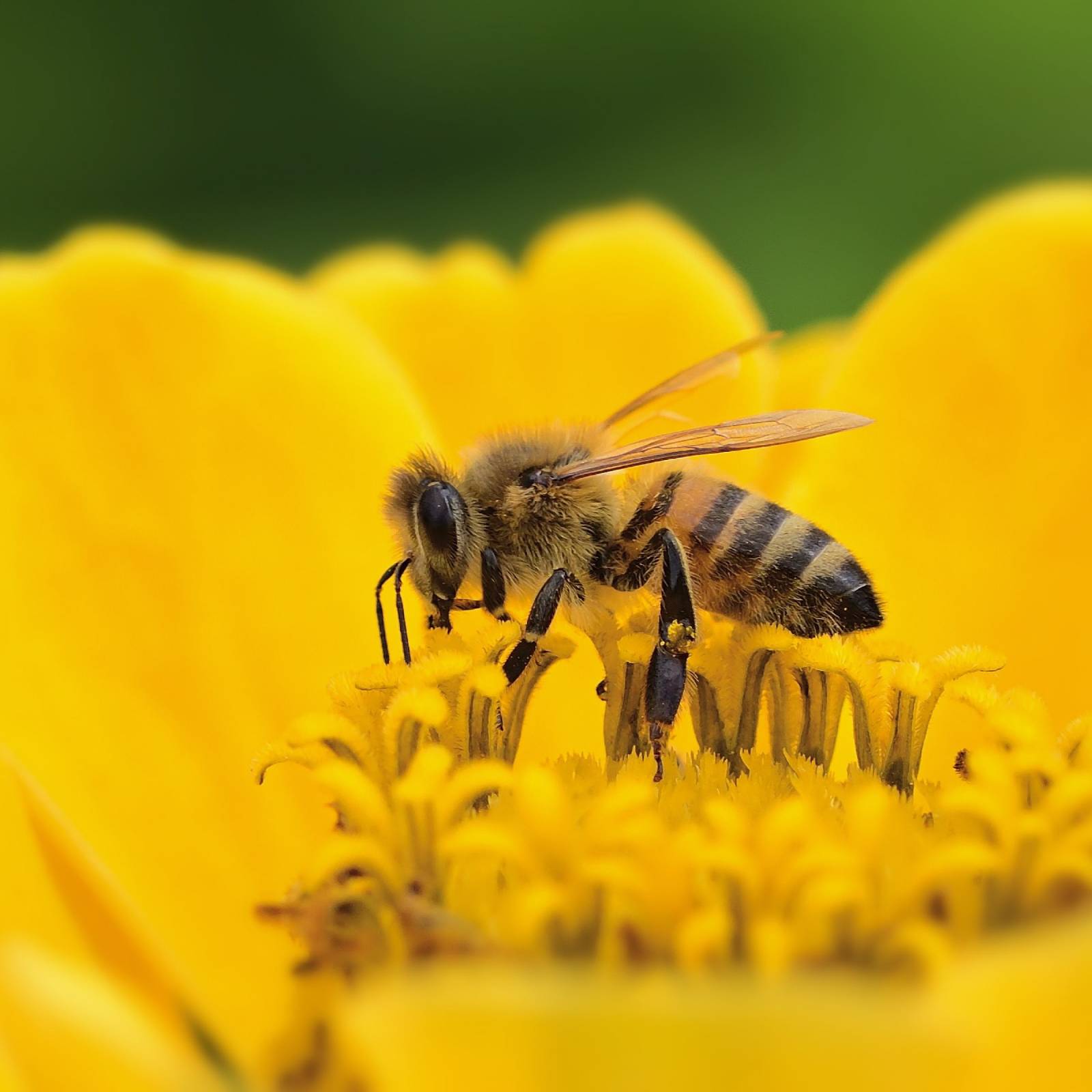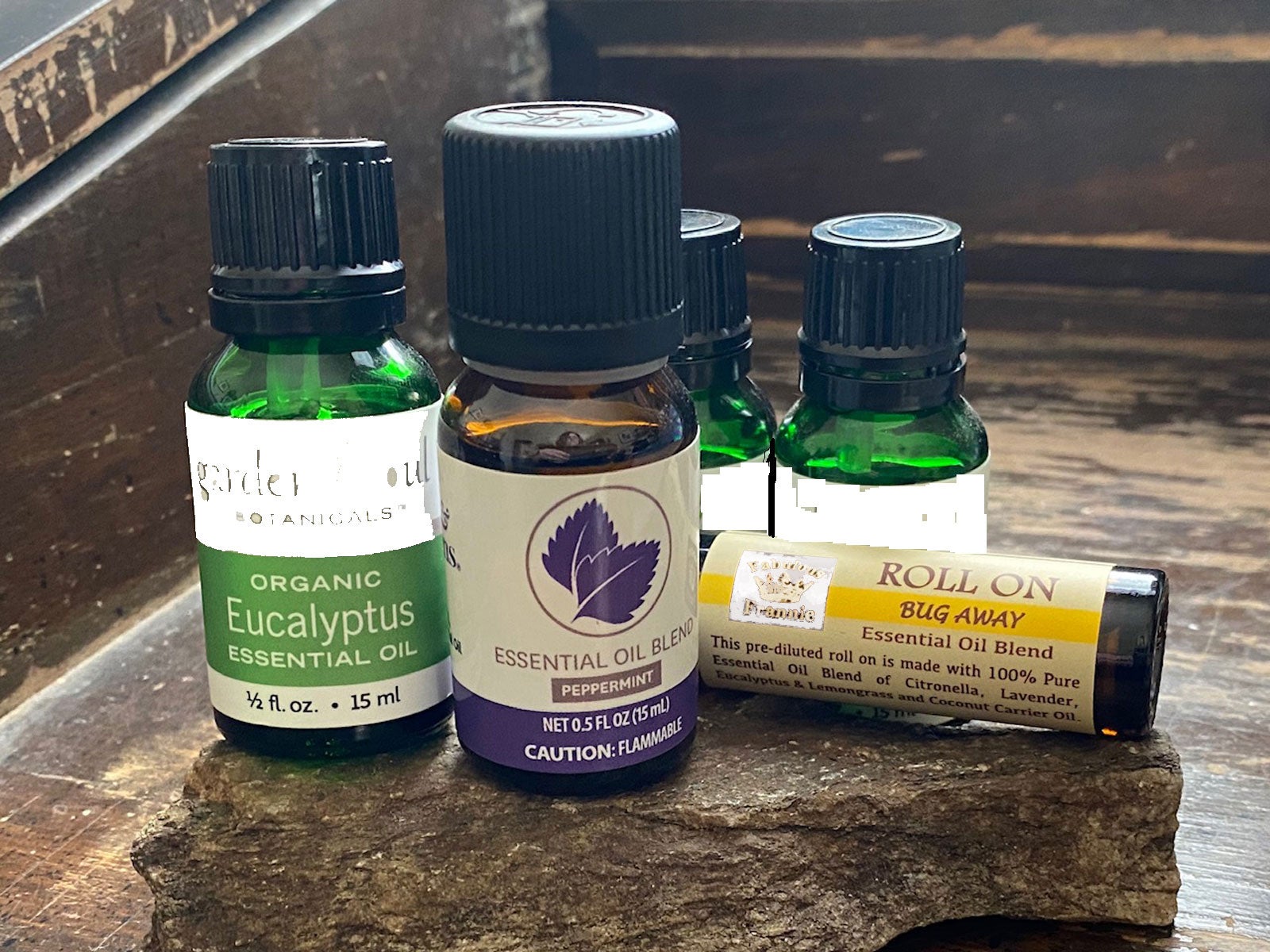Pesticides
While it's not everyone's first option, and should only be used as a last resort, using pesticides to rid the garden of pests is sometimes a necessary evil. In the articles that follow, you will find tips and information on how to use these products safely as well as using other, more organic, pesticide solutions. You're not alone in the battle of the bugs...we are here to help.
-
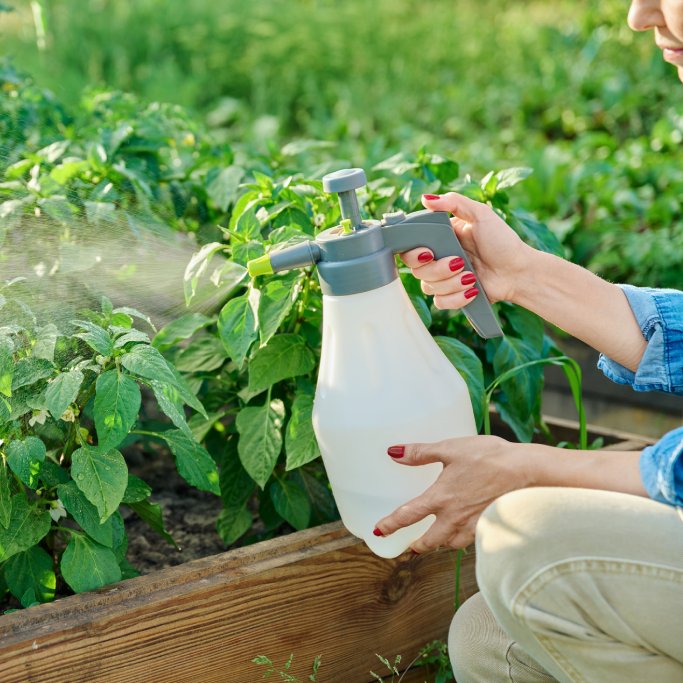
What Is Horticultural Oil – How It Helps You Grow Healthier Plants
Learn about what horticultural oil is, when and where to use it and its benefits as a safe alternative to toxic chemical insecticides.
By Teo Spengler
-
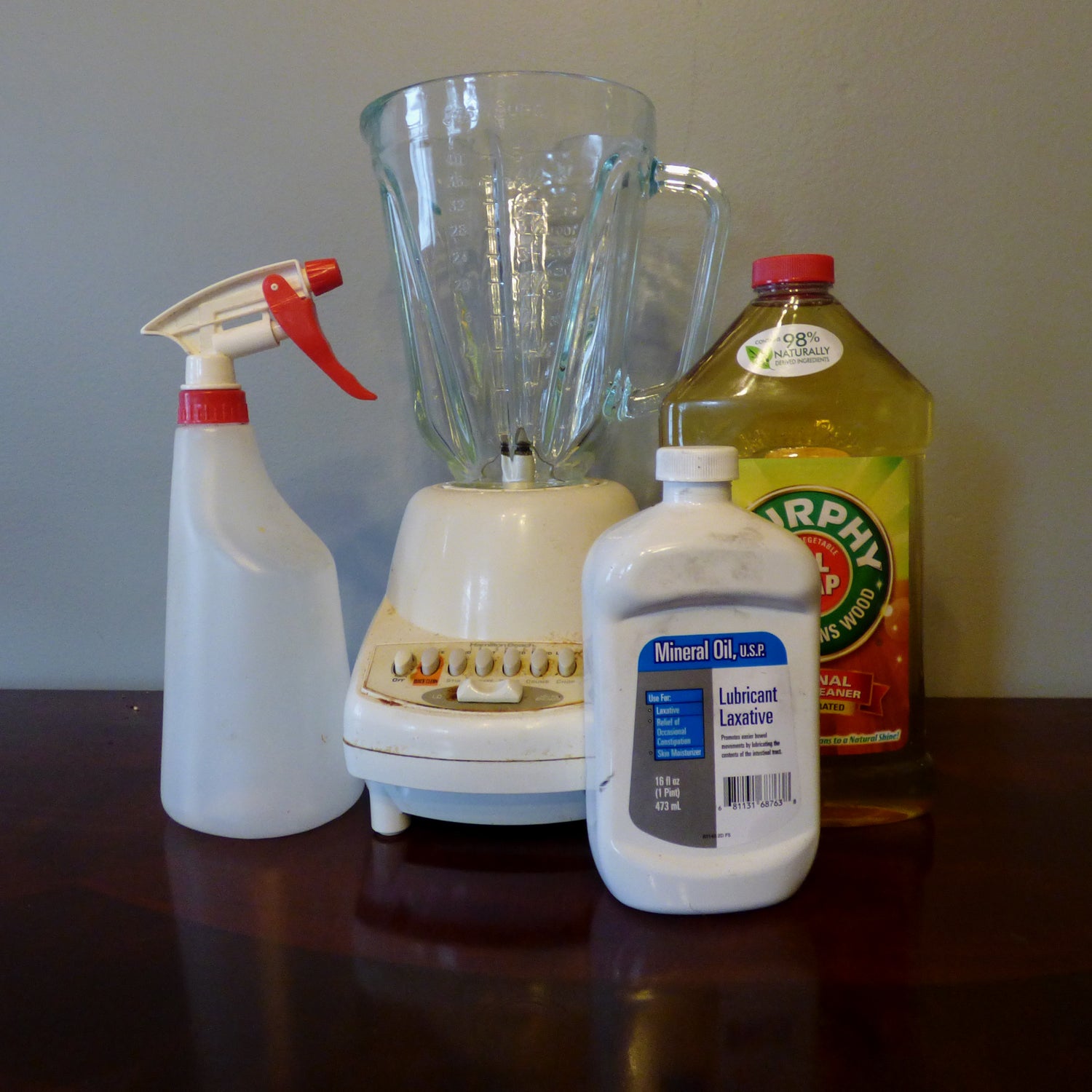
White Oil Recipe: How To Make White Oil For An Insecticide
If it's difficult to find a good organic insecticide, you may ask yourself "how do I make my own insecticide?" Making white oil insecticide is easy and inexpensive. This article will show you how.
By Heather Rhoades
-
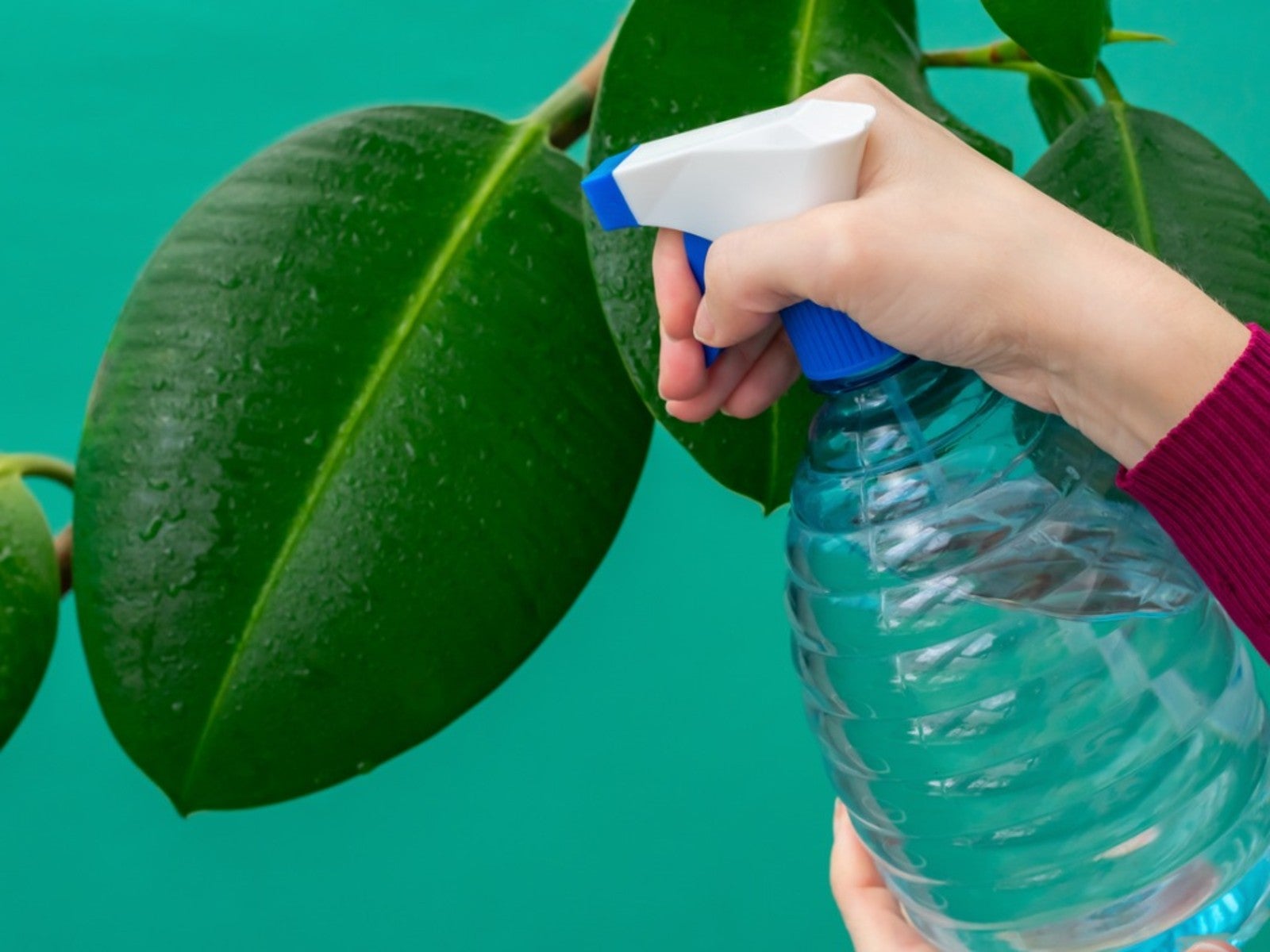
A Complete Guide To Homemade Insecticidal Soap
You can make your own insecticidal soap with basic ingredients you already have. Click here to learn what is is and how to make it.
By Amy Grant
-
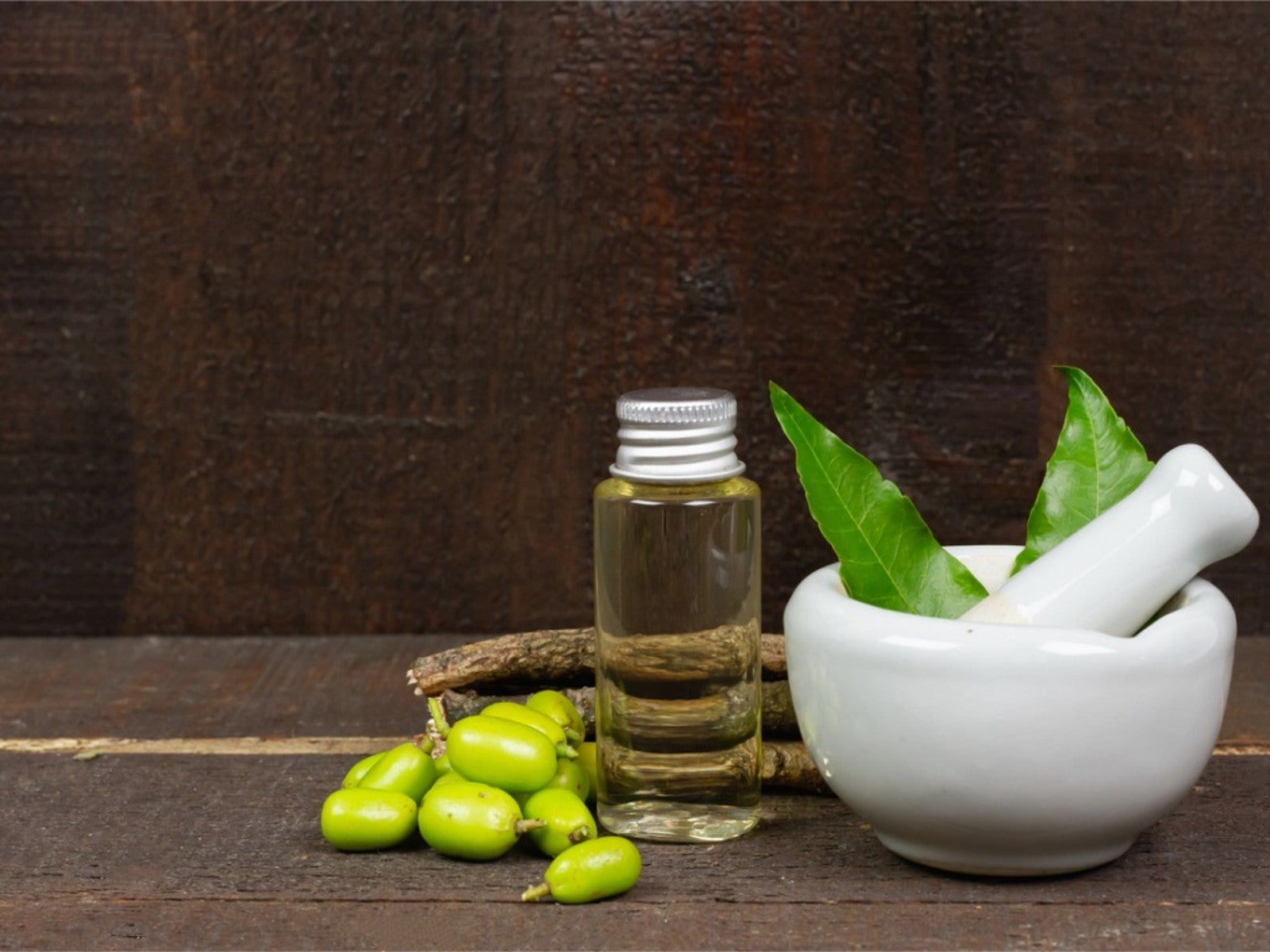
Helping Your Plants With A Neem Oil Foliar Spray
Neem oil may be your best solution as a safe, non-toxic pesticide for the garden that actually works.
By Heather Rhoades
-
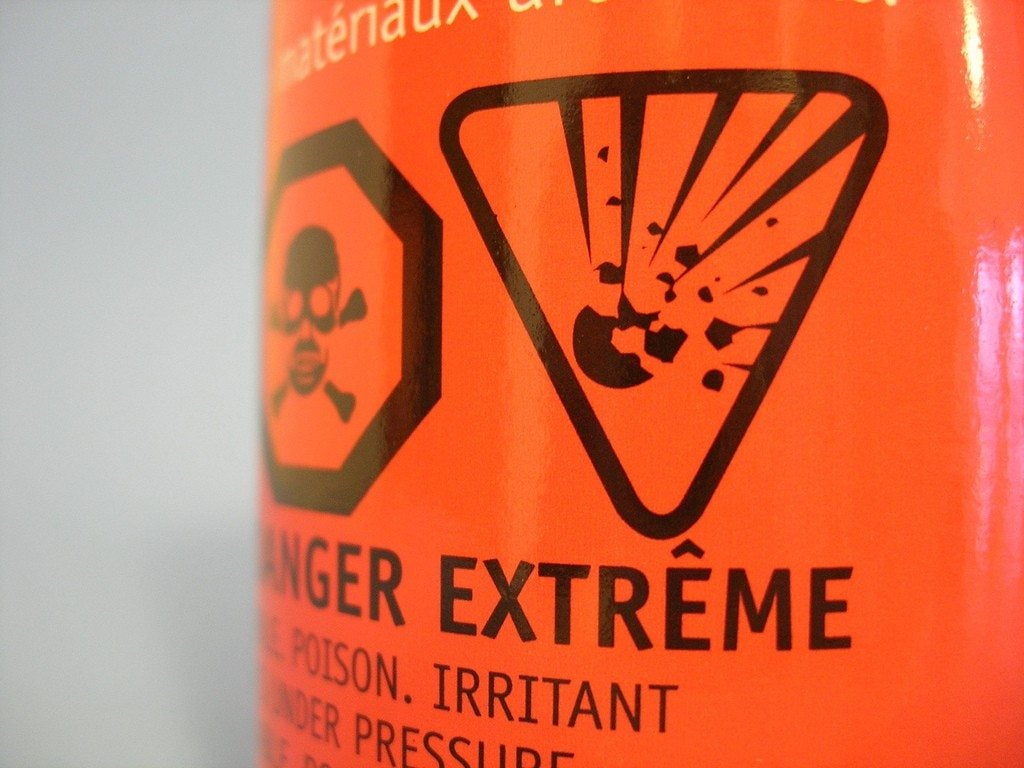
Learn More About Pesticides And Pesticide Labels
Pesticides are something we use in our garden all the time. But what are pesticides? Why should we pay close attention to pesticide labels? And what are the dangers? Read here to learn the answers.
By Stan V. Griep
-
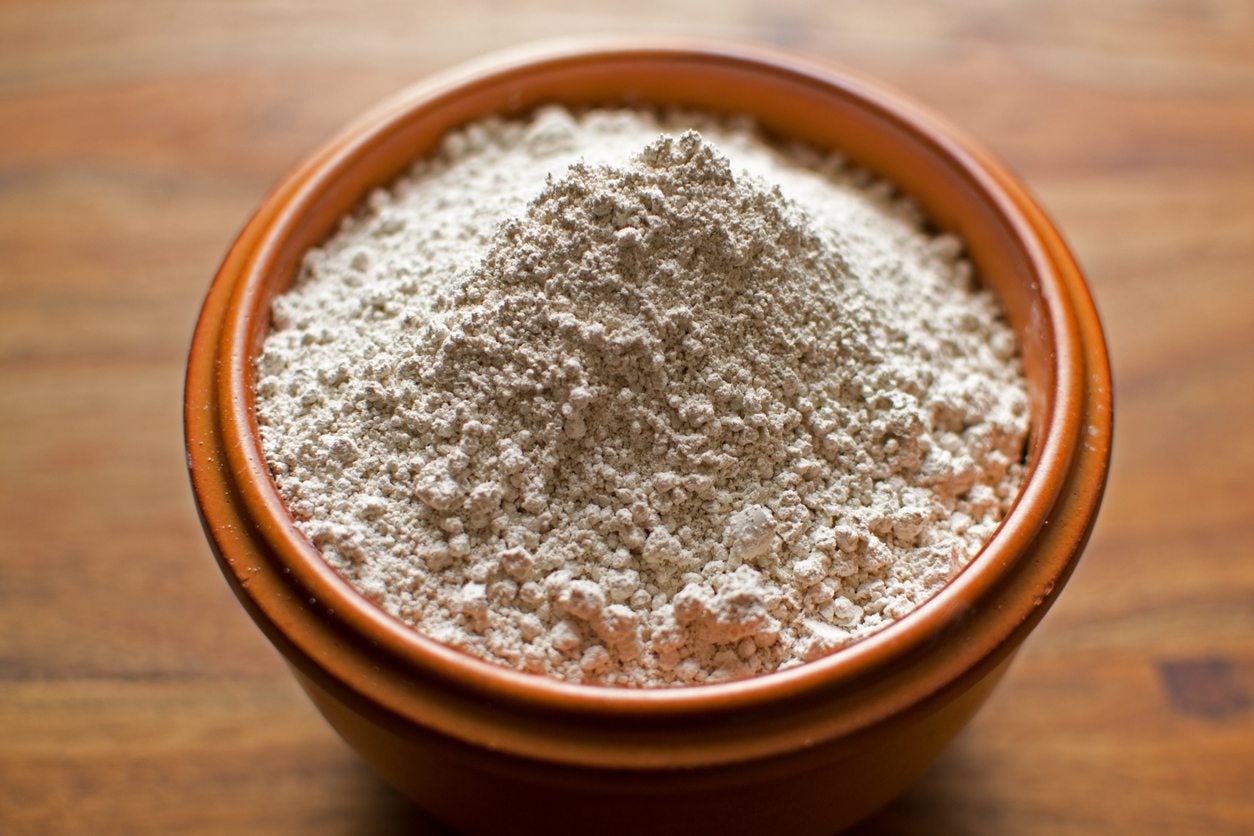
Uses For Diatomaceous Earth - Diatomaceous Earth For Insect Control
Have you ever heard of diatomaceous earth? If not, this article will provide information and tips on using diatomaceous earth in the garden so you can take advantage of all its benefits.
By Stan V. Griep
-
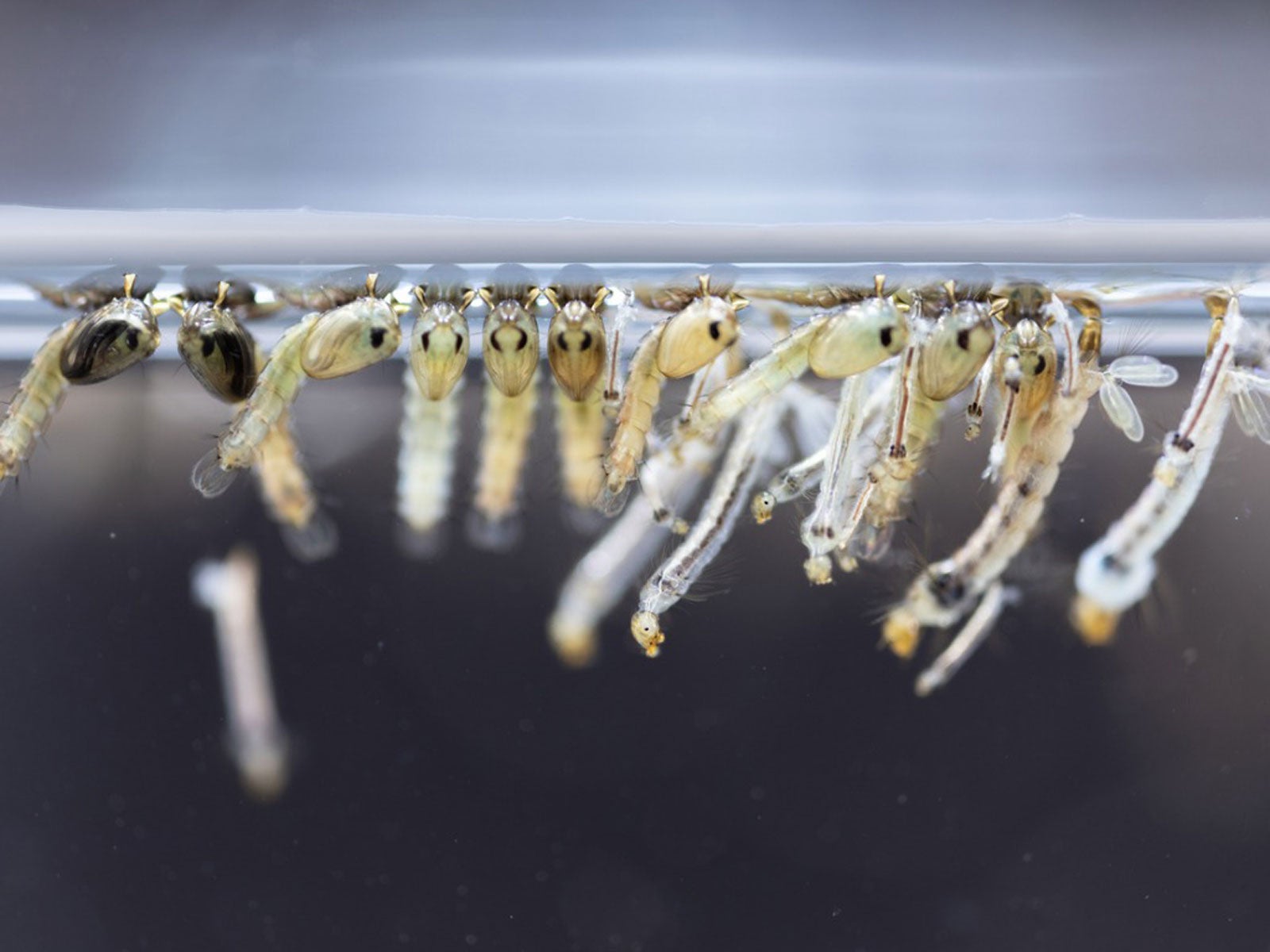
Larvicide Treatment Tips: How And When To Use Larvicide
There are many ways to deal with pests in the yard or garden. If you have standing water, larvicides can be a good option in addition to preventative practices. Know the pros and cons before you use larvicides in your garden. Click here to learn more.
By Mary Ellen Ellis
-
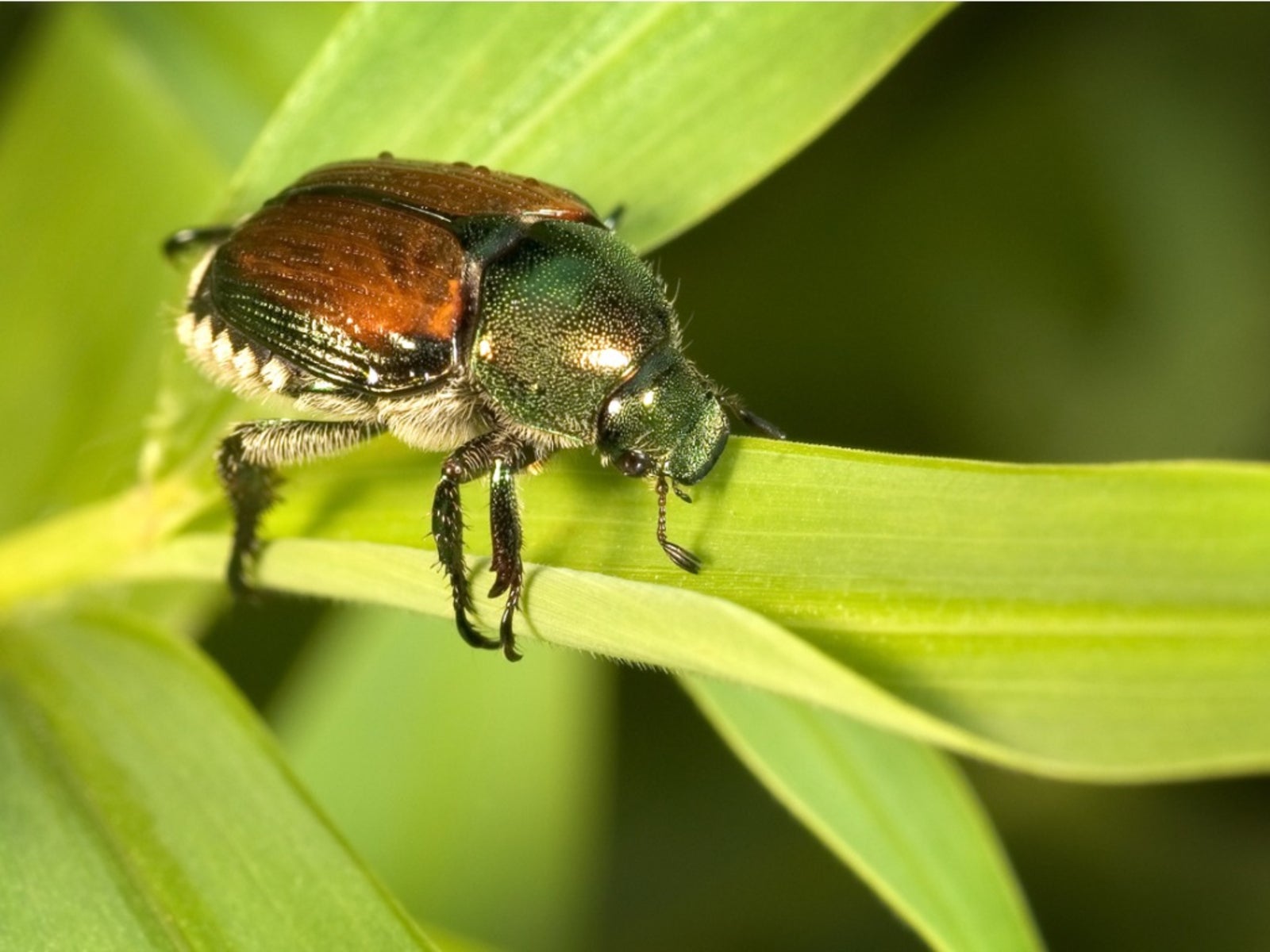
What Is Milky Spore: Using Milky Spore For Lawns And Gardens
Japanese beetle larvae feed on grass roots, leaving ugly, brown dead spots in the lawn. However, they are susceptible to several biological controls, including milky spore disease. Learn more about this here.
By Jackie Carroll
-
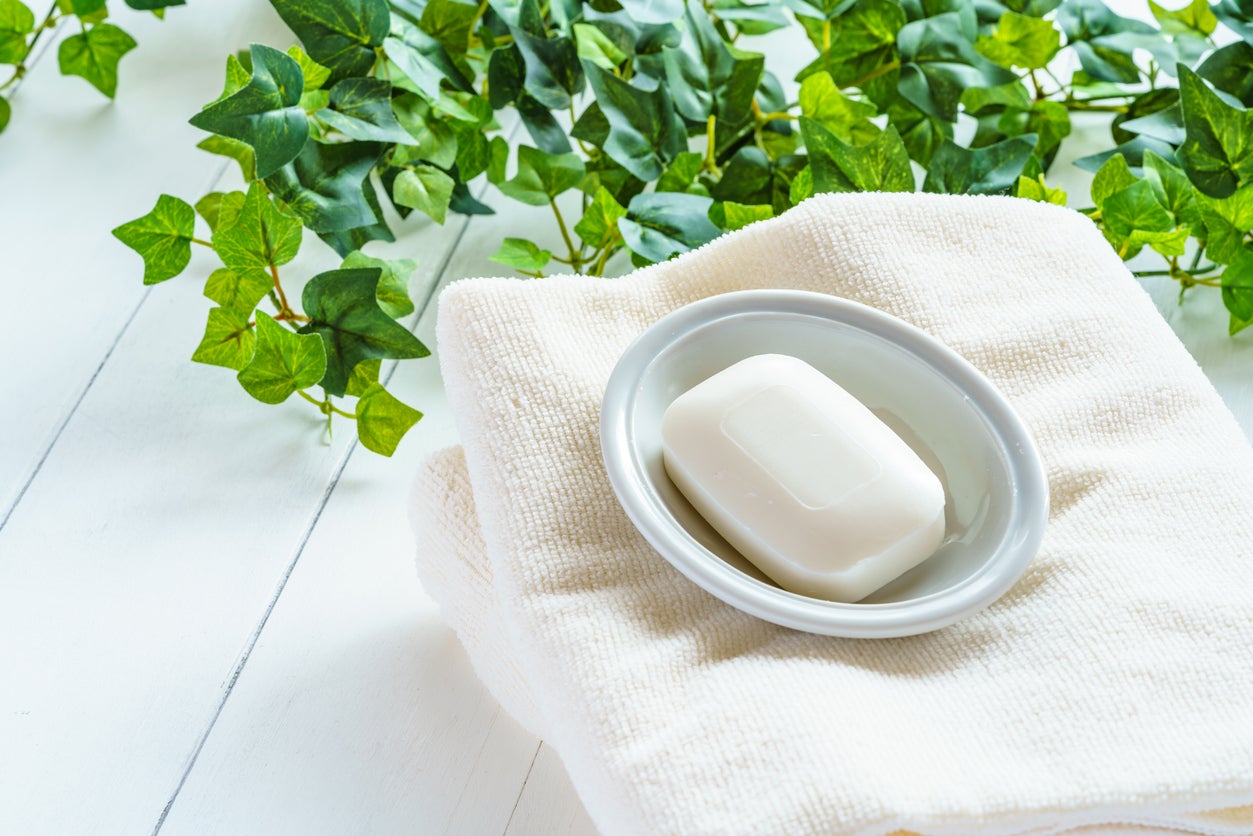
Soap For Garden Use: Using Bar Soap In The Garden And Beyond
Ever get tired of tossing out those small pieces of bar soap leftover from the bathroom shower or sink? Learn how to put them to use in gardens here.
By Nikki Tilley
-
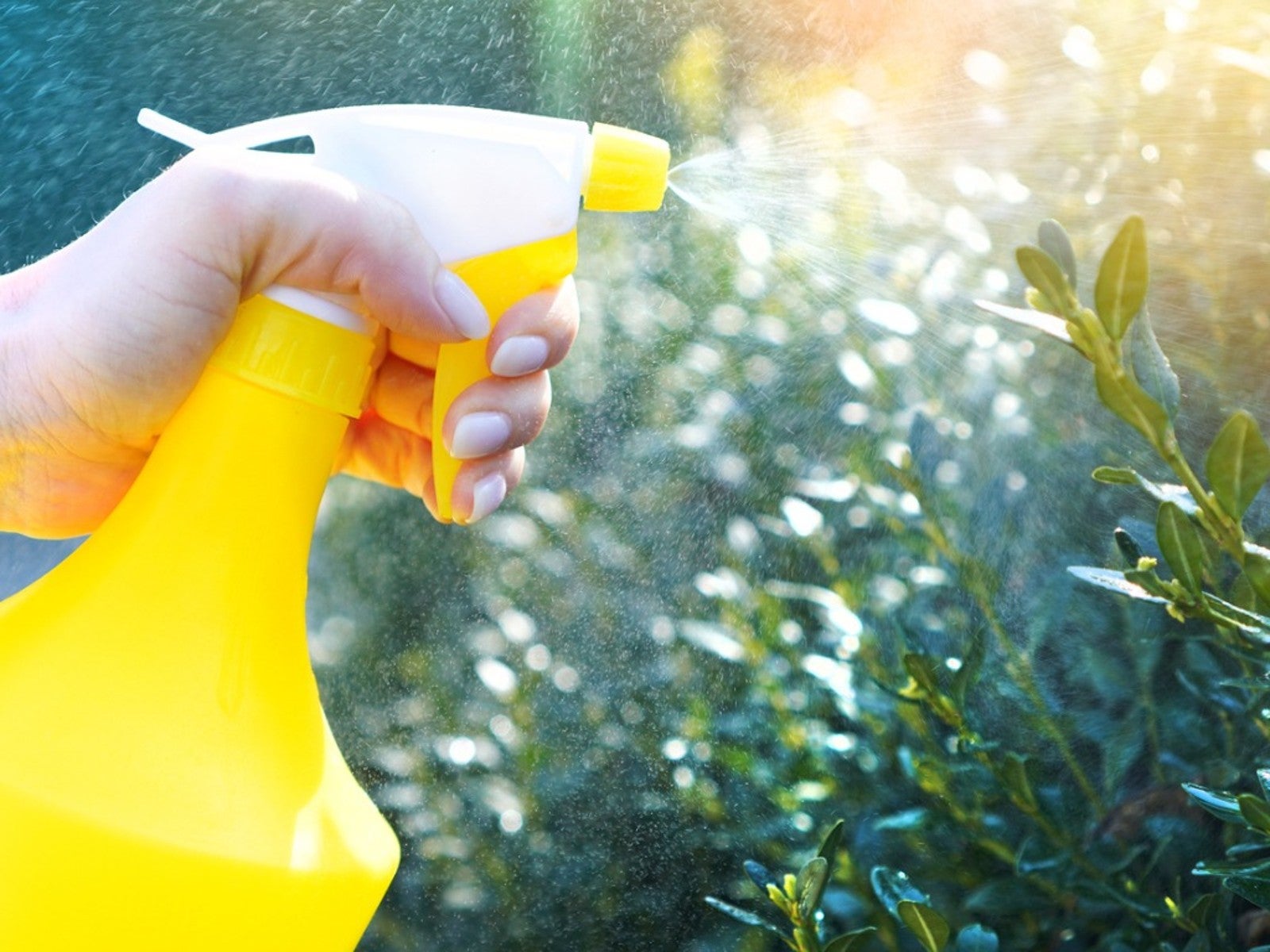
Safe Plant Pesticides – Indoor Pesticides For Edible Plants
You can buy “safe” pesticides at any garden center, but when you make your own, you know exactly what substances go into the mix.
By Mary H. Dyer
-
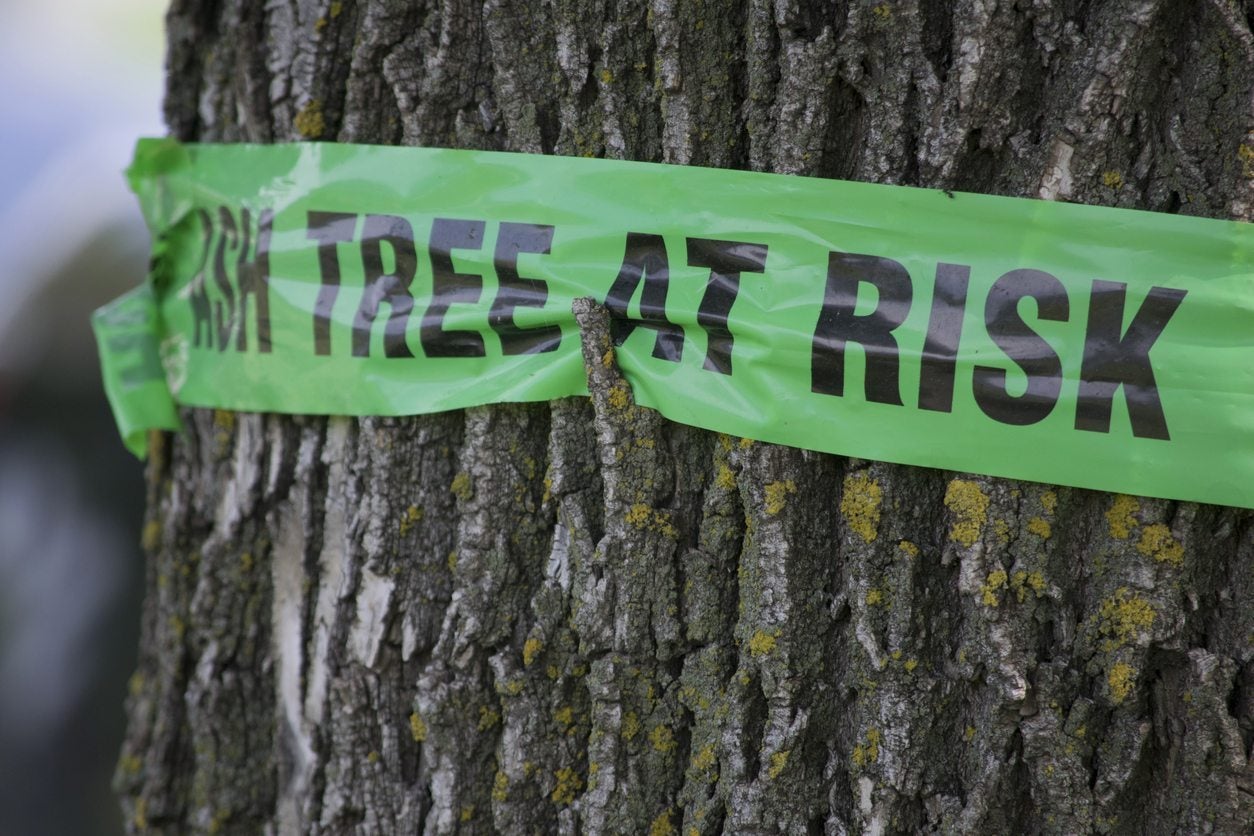
What Is A Systemic Pesticide: Using Systemic Insecticides In Gardens
If you have ever heard the term "systemic pesticide," you may have wondered what it means. This is actually an important thing to know. It?s also important to know how to use a systemic insecticide should such use be warranted. This article will help with that.
By Ilana Goldowitz Jimenez
-
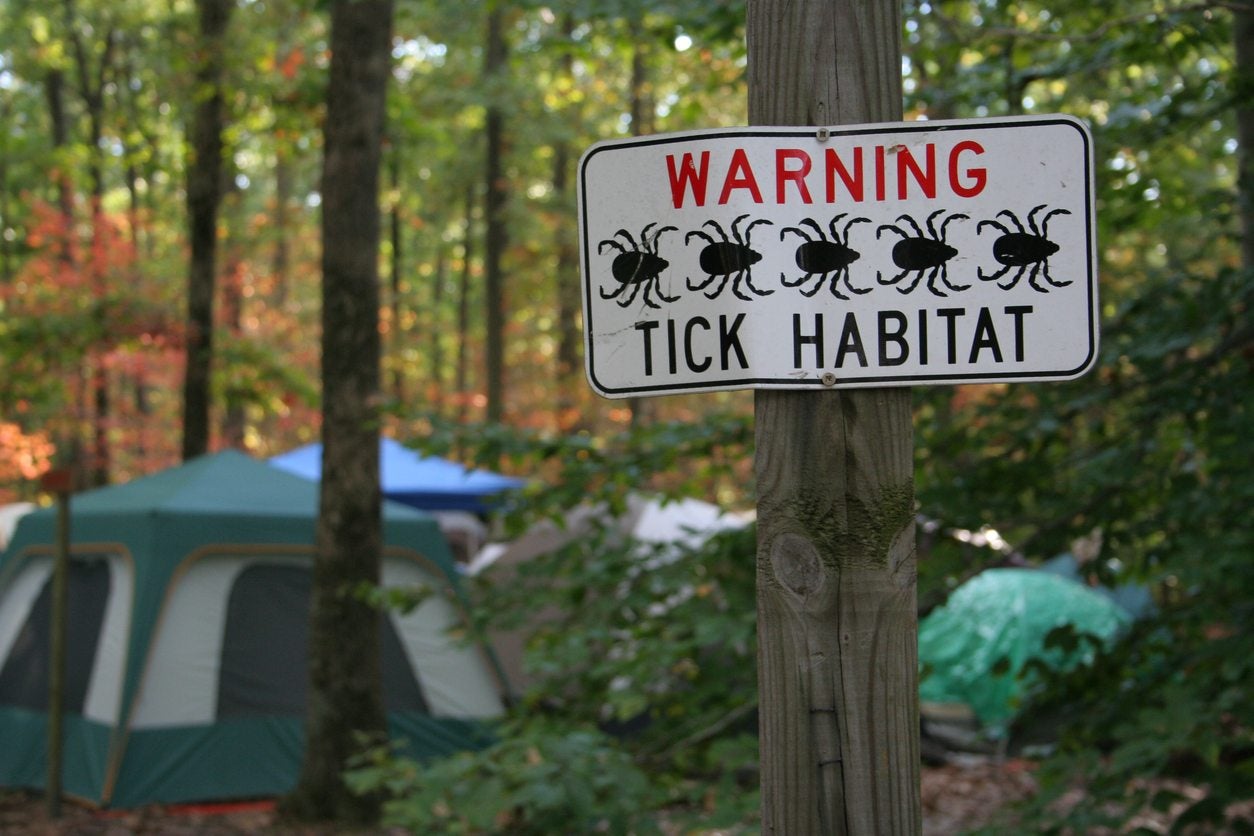
Applying Acaricide Insecticides: Using An Acaricide For Tick Control
Acaricides are pesticides that kill ticks and mites. They are one part of a strategy for controlling ticks around homes and should be combined with measures to reduce tick habitats. Learn more about acaricides in this article.
By Ilana Goldowitz Jimenez
-
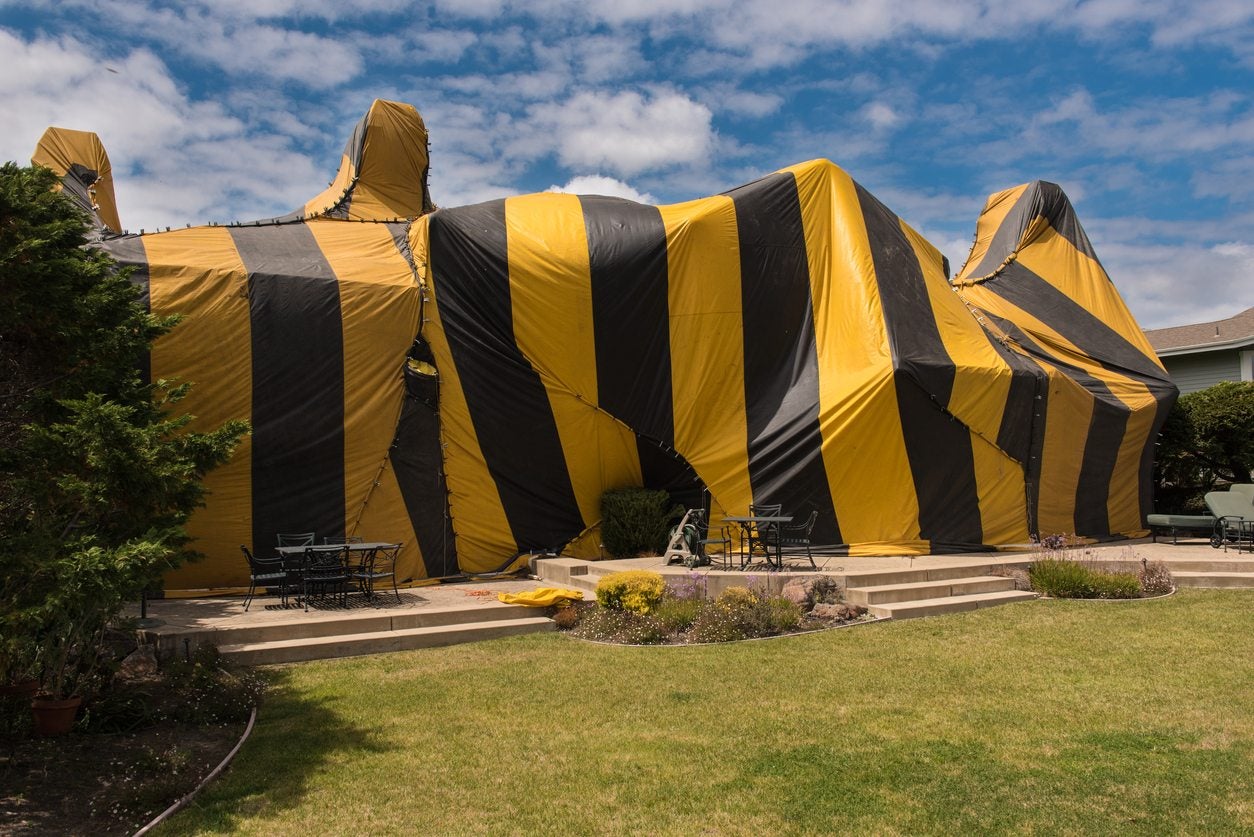
Plants And Fumigation – Tips On Protecting Plants During Fumigation
Sometimes, it's not our gardens that need pest control, it is our homes. Exterminators must be brought in to fumigate infestations. As you prepare for the extermination date, you may wonder "will fumigation kill plants in my landscape?" Find out here.
By Darcy Larum
-
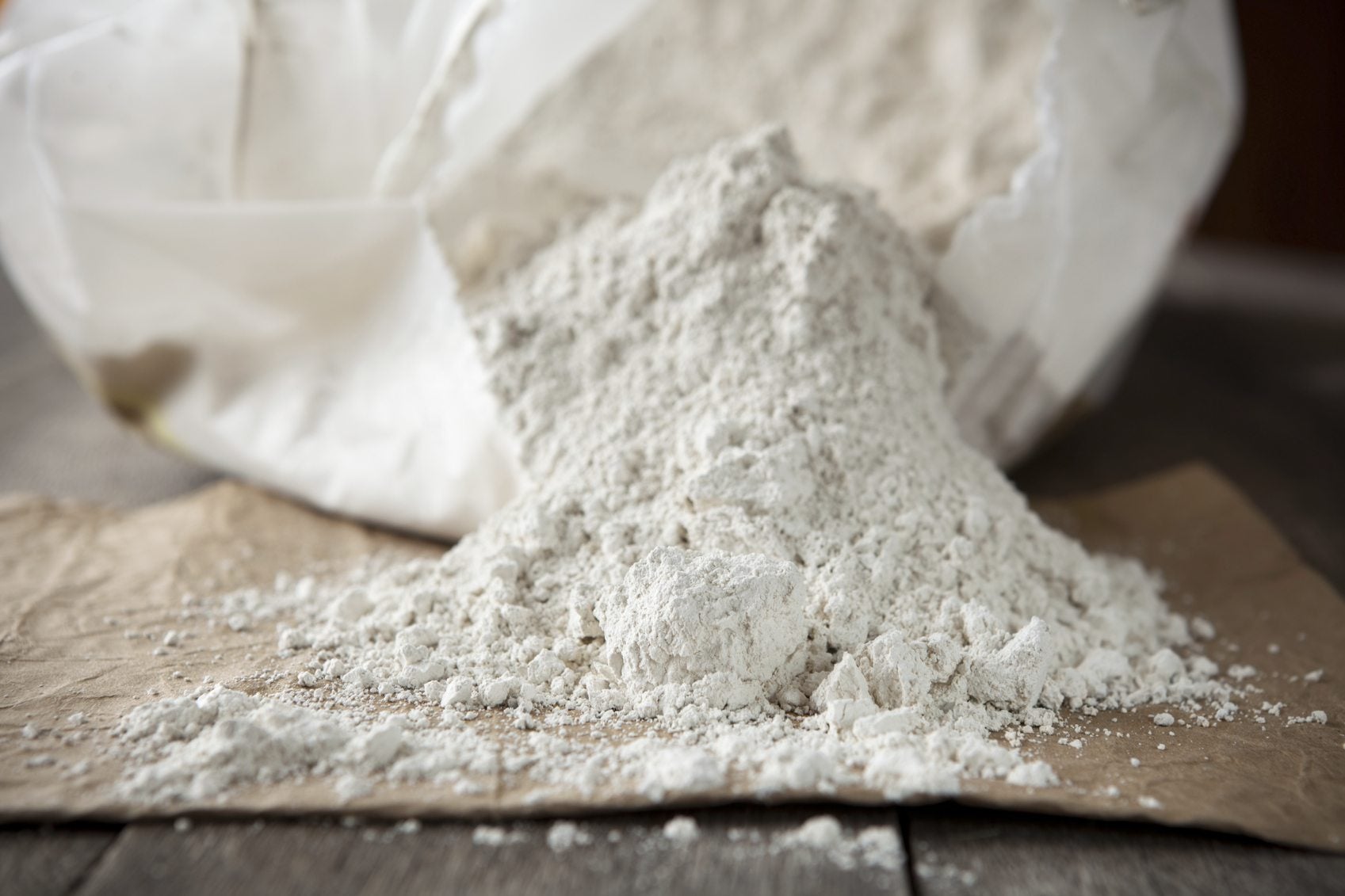
Garden Grade Vs. Food Grade Diatomaceous Earth: What Is Garden Safe Diatomaceous Earth
One type of diatomaceous earth is toxic and another is relatively safe to use. The type you should purchase depends on the intended use. Find out about the advantages and disadvantages of garden grade vs. food grade diatomaceous earth in this article.
By Jackie Carroll
-
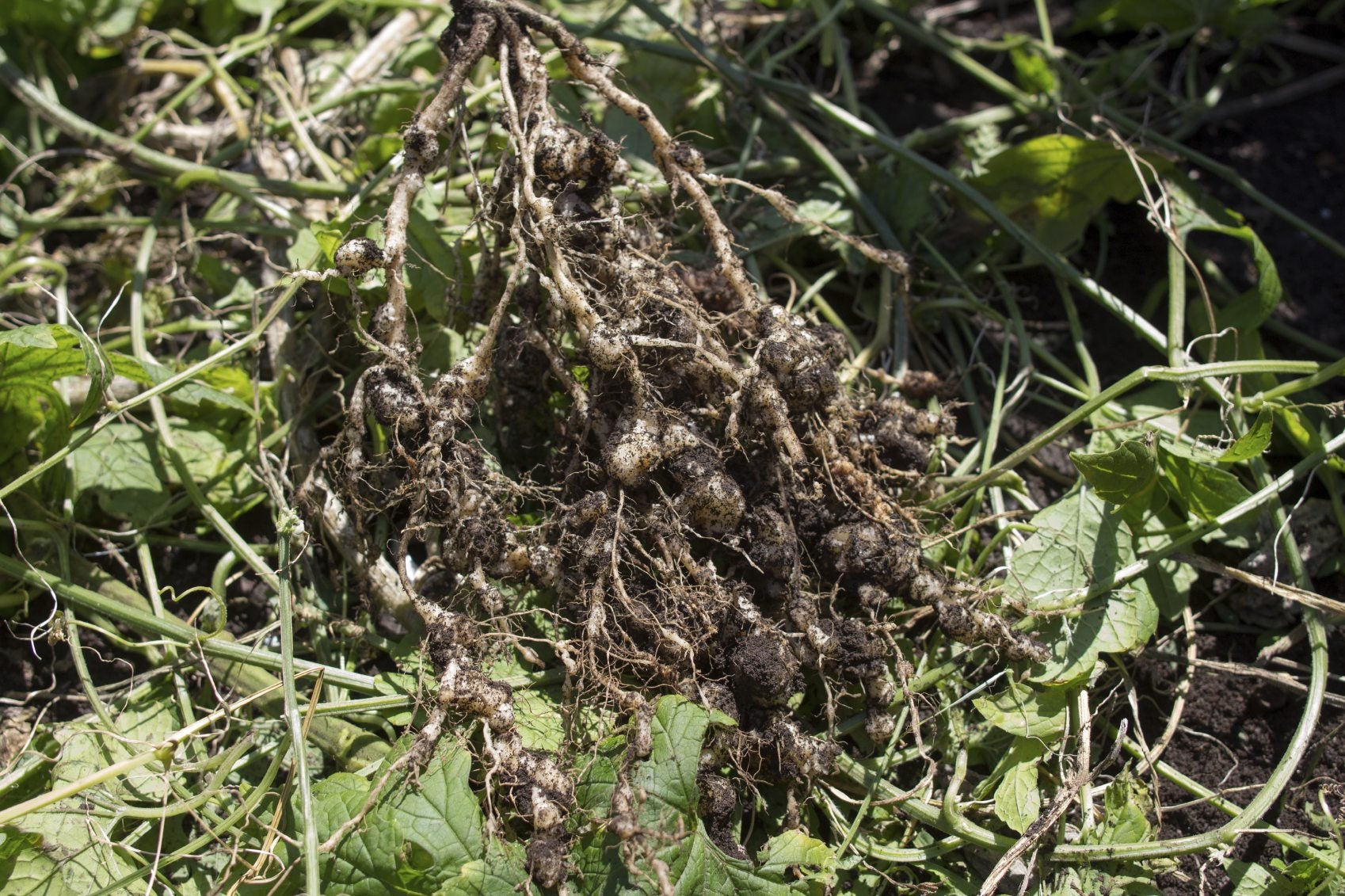
Nematicide Information: Using Nematicides In Gardens
What are nematicides, and what do you need to know about using nematicides in gardens? In simple terms, nematicides are chemicals used to kill nematodes - tiny, parasitic worms that live in water or soil. Looking for more nematicide information? Click here.
By Mary H. Dyer
-
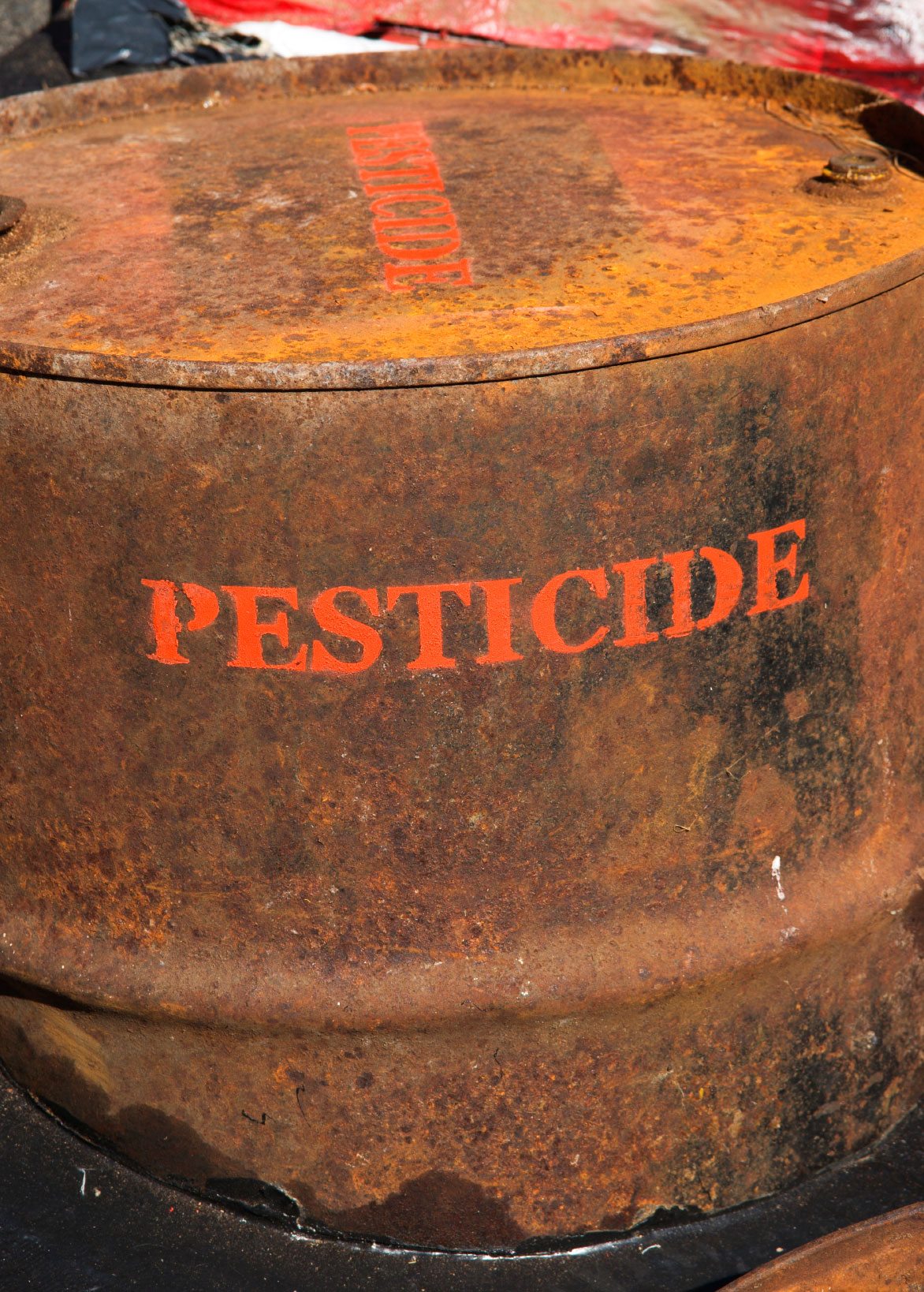
Safely Disposing Unused Pesticides: Learn About Pesticide Storage And Disposal
Proper disposal of leftover pesticides is as important as correct disposal of prescription drugs. The aim is to prevent contamination and promote safety. Read this article to learn how to dispose of pesticides in a responsible manner in order to minimize harm.
By Bonnie L. Grant
-
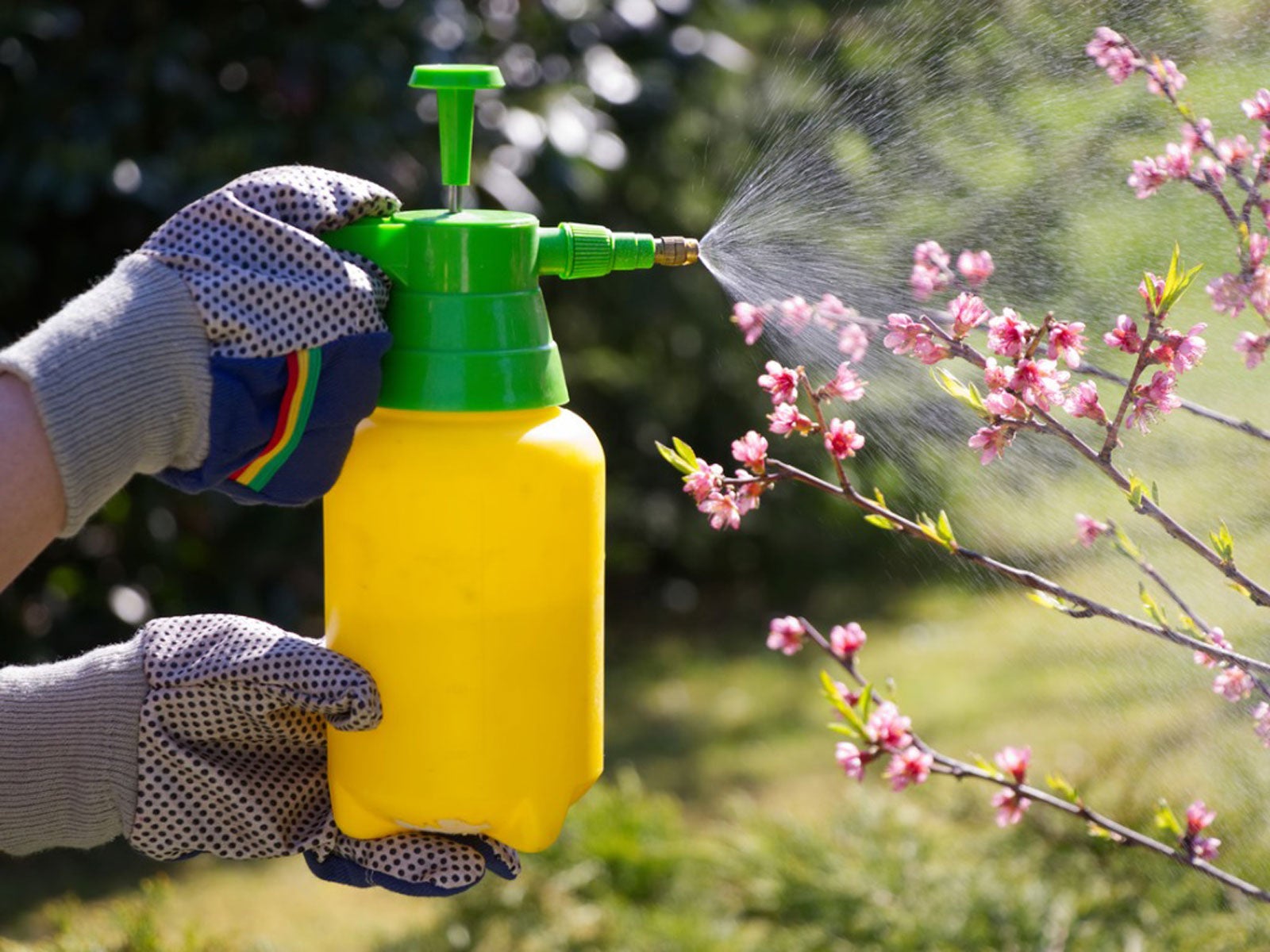
DIY Fruit Tree Pepper Spray – How To Use Hot Peppers For Fruit Trees
Fruit tree pepper spray can be an effective deterrent against insects, birds, and other animals. Get tips on using hot pepper spray for fruit trees here.
By Teo Spengler
